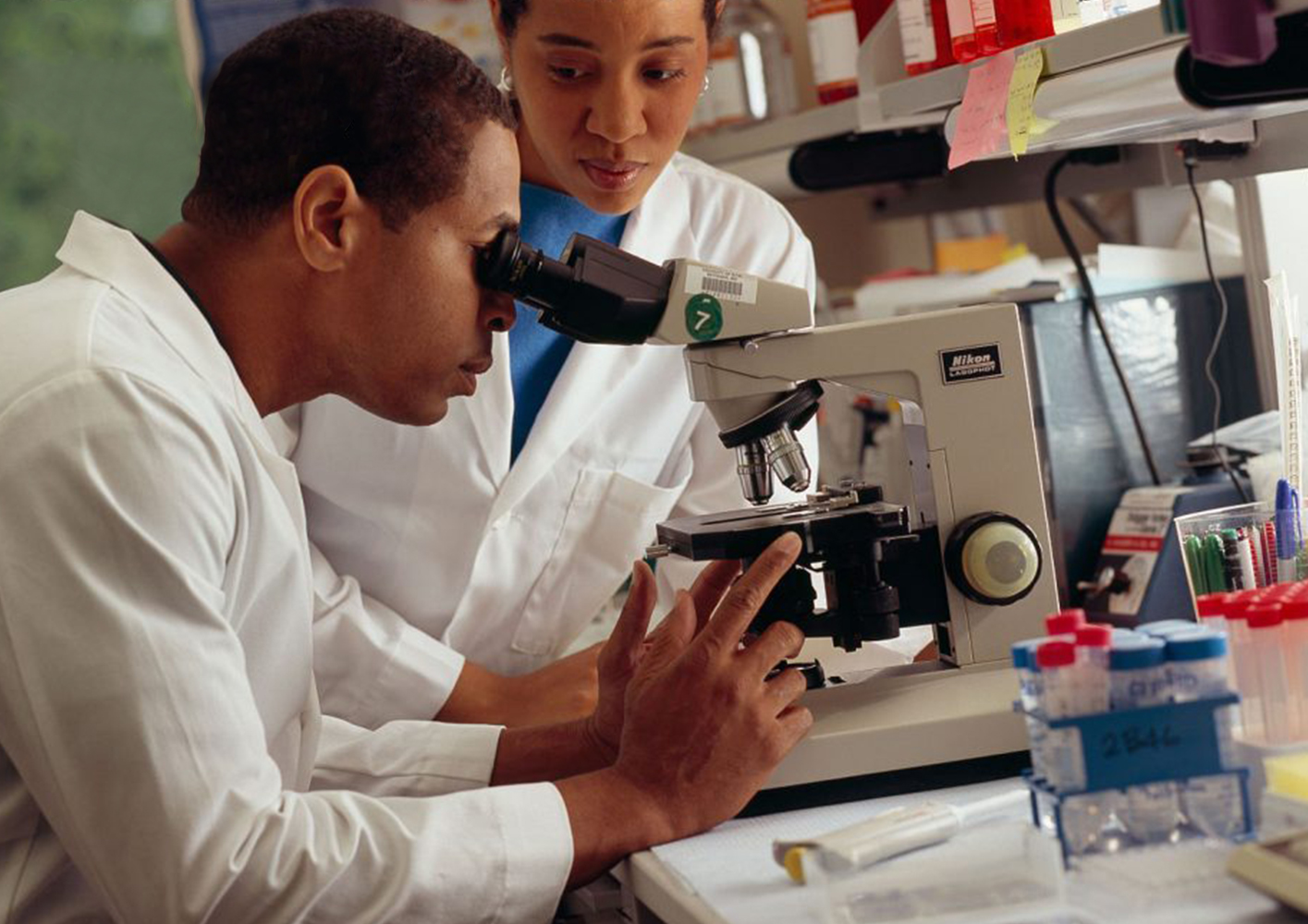Everyone uses Wikipedia. Given its ubiquity and quality, we all use it as a jumping-off point to learn about new topics, or as “external memory” to refresh about things we’re supposed to know. It’s no surprise then, that the way things are covered in Wikipedia has a profound influence on the way things are covered in everything from high school assignments, to undergraduate papers, even sometimes books by public figures. Wikipedia influences the way topics are portrayed in the world. The idea that Wikipedia shapes the content of the scientific literature might seem surprising, but a fascinating study by Neil Thompson and Douglas Hanley indicates that the language used in Wikipedia articles influences the language used in the scientific literature.
In chemistry and econometrics (the two fields they looked at), Thompson and Hanley found that papers published after a Wikipedia article was created use language that’s more similar to the language in the Wikipedia article than do papers published before the Wikipedia article was created. Once a Wikipedia article is created, there’s convergence between its language and the language used by published scientists.
While that’s an interesting pattern that might suggest that Wikipedia articles influence the scientific literature, it’s also possible that this convergence just reflects changes in the field. Rather than driving the change, Wikipedia articles and the scientific literature may be responding to the same changes in language being used in the field. After all, correlation, as we had hammered into our heads in statistics class, does not imply causation.
To distinguish between correlation and causation, Thompson and Handley came up with an experiment. They identified 43 topics in chemistry that were missing from Wikipedia’s coverage of chemistry and recruited doctoral students to create the missing articles. They then uploaded one group of these articles, while keeping the others as controls. Over the course of two years, they observed that the scientific literature converged with the articles they had uploaded, but not with the unpublished control articles. Wikipedia articles, it turns out, really do appear to influence the way things are written about in the scientific literature. This effect was especially pronounced in articles authored by scientists in lower-income countries where, presumably, access to paywalled journal articles is more restricted.
So why does this matter? If the language used in a Wikipedia article ends up in the scientific literature, chances are that the way the topic is presented in Wikipedia influences the way that scientists understand the topic. This isn’t likely to be a problem…so long as Wikipedia presents the topic accurately, with appropriate nuance. Therein lies the problem.
Wikipedia is written by volunteers, and the quality of an article reflects the skills and knowledge of the volunteers who show up. To the extent that Wikipedia content actually shapes science, this means that science it shaped by the contributions of volunteers. These volunteers have done an immense service to humanity — and to science — by taking the time to contribute to this resource. But amateurs face certain important limitations when it comes to translating concepts, including the fact that they often rely on older, sometimes out-of-date sources. And they may be relying on sources that have subtle (or non-subtle) biases. If scientists fail to engage in the construction of knowledge on Wikipedia, they outsource something more than the communication of science to the public — they outsource the communication of science to their peers.
Scientists, you can get involved in the movement right now. Become an actor of change and progress, not only for public education but for future scholarship in your field. As a Wiki Scholar in our virtual, synchronous course, you can join your peers in learning Wikipedia’s procedural, technical, and cultural practices over the course of three months (meeting once a week for an hour). Register for our course now (start date is in March) or sign up to receive updates about upcoming courses here.

